Trending Now
Sunday, Nov, 2024
Home / How Will UGC’s Plan of Clustering Colleges Have an Impact on Students?
How Will UGC’s Plan of Clustering Colleges Have an Impact on Students?
UGC- the University Grants Commission issued new guidelines to transform colleges and universities into multidisciplinary institutions. According to the guidelines, institutes or colleges with poor enrollment and fewer resources can benefit by clustering with other institutions and helping students access more profitable facilities and take innovative courses.
 by Pragti Sharma /
by Pragti Sharma /  05 Sep 2022 10:22 AM IST /
05 Sep 2022 10:22 AM IST /  0 Comment(s) / 574
0 Comment(s) / 574
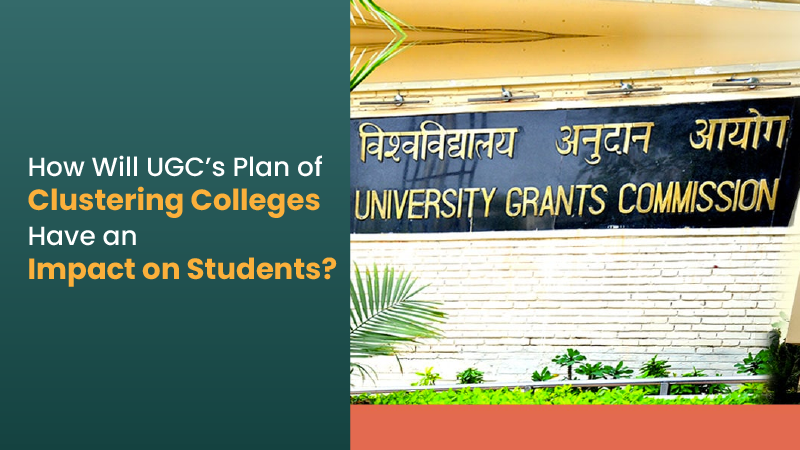
UGC- the University Grants Commission issued new guidelines to transform colleges and universities into multidisciplinary institutions. The guidelines specify three approaches, including clustering institutions so they can work jointly to deliver innovative programmes- offline, online, or distance learning. The additional two strategies suggested by the UGC include merging single-stream institutions with other multidisciplinary institutions under the same management or different directorates and bolstering current sites by positioning new departments.
According to the guidelines, institutes or colleges with poor enrollment and fewer resources can benefit by clustering with other institutions and helping students access more profitable facilities and take innovative courses. All of the affiliate colleges in a cluster will resume resuming work as affiliate colleges under the university in the earliest phase in which they will share their resources to provide multidisciplinary programmes and manage student research projects. The affiliated university can then bind the cluster of lectures as a whole, which is given graded self-sufficiency before changing into an autonomous diploma-granting bunch of lessons. These may later become a research and education-intensive universities.
The partnership strategy should contain infrastructure evolution, student numbers, departments involved, managerial and academic operations, and research activities. Member lectures will also have to develop their timetable keeping in mind that students do not have to deal with timetable clashes. M. Jagadesh Kumar, UGC President, stated that when several small institutions come together and transform into diploma-providing institutions, they have more additional growth opportunities. It will eventually help higher education develop and be accessible to billions of students.
More multidisciplinary institutions in the nation are one of the recommendations for higher education in the National Education Policy (NEP) 2020. The policy memorandum has set the objective that by 2030 all higher education institutions (HEIs) should become multidisciplinary. After that, more student enrollments, preferably in the thousands in 2040. The purpose is to raise the gross enrollment ratio in higher education, including vocational education, from 26.3% (2018) to 50% by 2035. The National Education Policy 2020 suggests that while many new institutions may be developed in order to achieve these goals, an enormous part of the capacity creation will be obtained by extending and enhancing existing Higher education institutions.
While the intensity of multidisciplinary education is welcome, many wonders where the funding comes from. The president of the University Grants Commission said state governments would provide the necessary funds for the functioning of state-run multidisciplinary institutions.
An official from a state government's Higher Education Council stated that by proposing college clustering and amalgamation, the intent is to build on the existing infrastructure to accomplish the goal of a higher gross enrollment ratio without any additional funding. Institutions are already at their optimum thresholds as no teachers have been enlisted from central and state universities in recent years. However, he applauded the extent that institutions are given to work jointly to provide additional programs.
News Source: The Hindu

EShort / February 16, 2024
IMS Noida Admissions 2024: Apply for UG, PG programmes

EShort / February 16, 2024
GATE 2024: Response sheet out

EShort / February 16, 2024
BSSTET 2023: Admit card released

EShort / February 16, 2024
NID DAT 2024: Prelims result released

EShort / February 16, 2024
IIT JAM 2024: Response sheet released

Jobs / February 16, 2024
UPSC Recruitment Drive 2024: Apply for 120 vacancies in various departments

EShort / February 14, 2024
UPSC CSE 2024: Official Notification issued; application process begins

Editor's Desk / April 17, 2020
How Does Society Impact Our Education?

Current Affairs / April 22, 2020
Mr. Sudarsanam Babu appointed to U.S. Science Board.
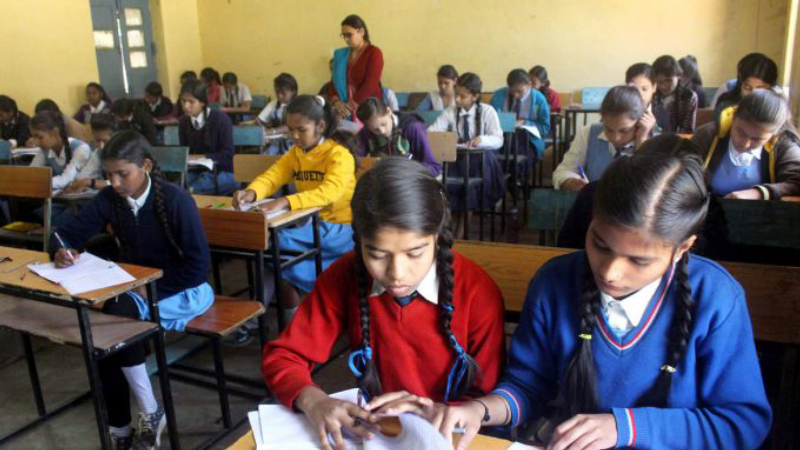
Reforms / April 17, 2020
Traditional Structure of Education In India
.jpg)
Events & Seminars / April 17, 2020
PISA!!
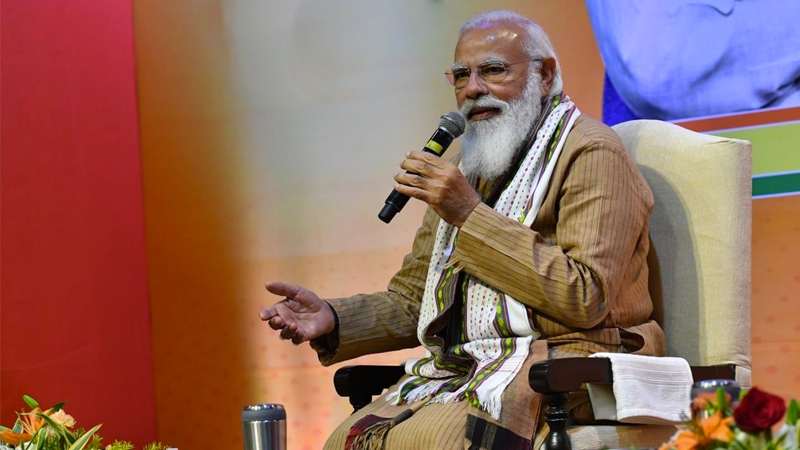
Blog / February 26, 2021
Government's Action On #ModiRojgaarDo

EShort / May 19, 2022
CUET PG 2025 has started the registration process.

Notice Board on Important Dates / April 21, 2020
World Heritage Day

News / July 08, 2021
JEE Mains Registration For Session 3: Last Date To Apply

EShort / December 14, 2021
UPSC Declared Final Result For DCIO Recruitment


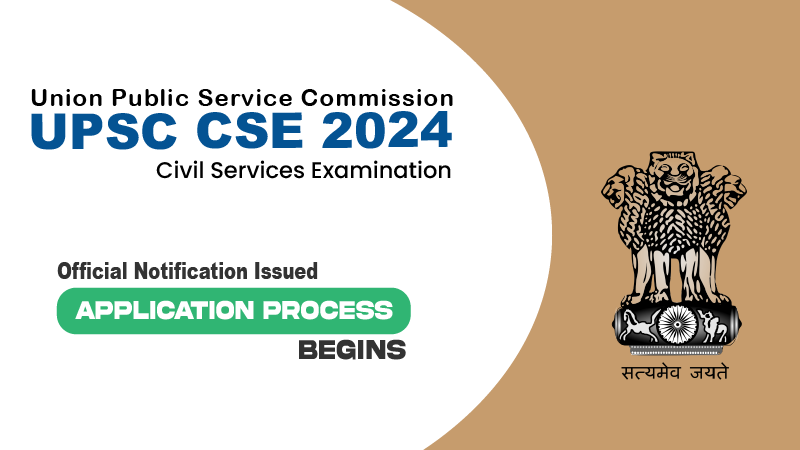

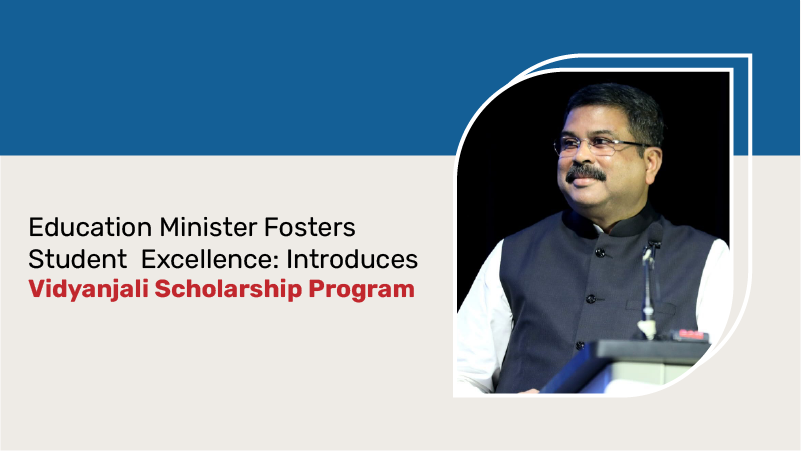
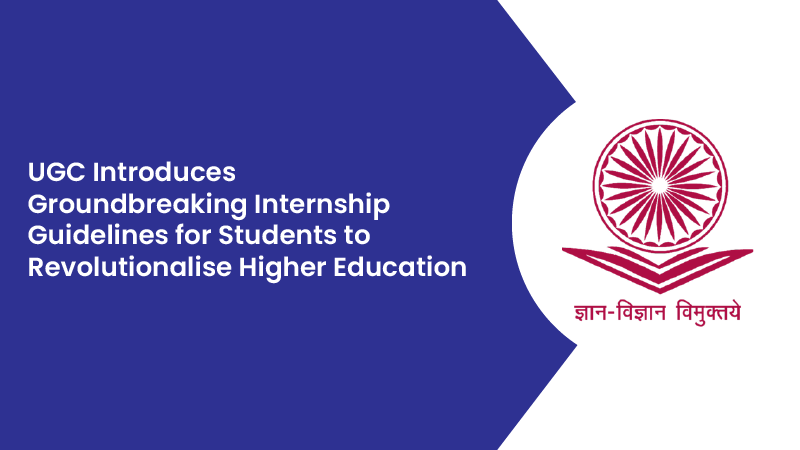
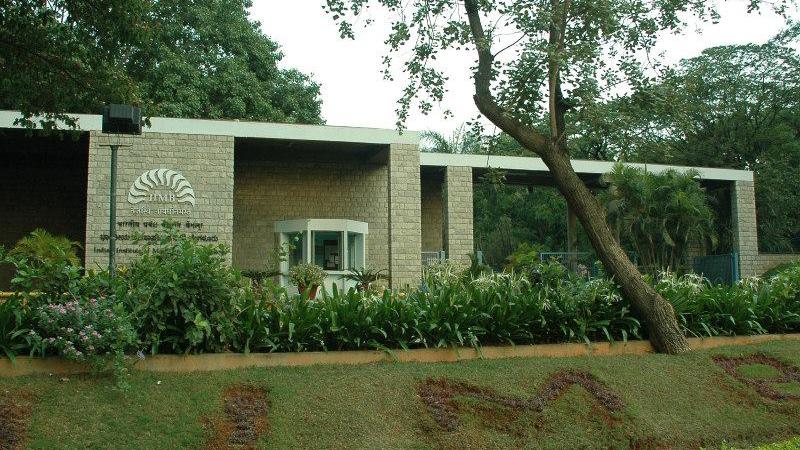
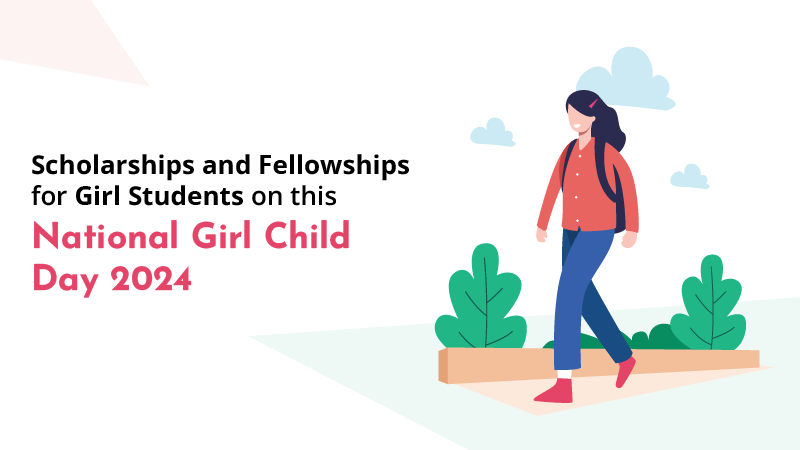



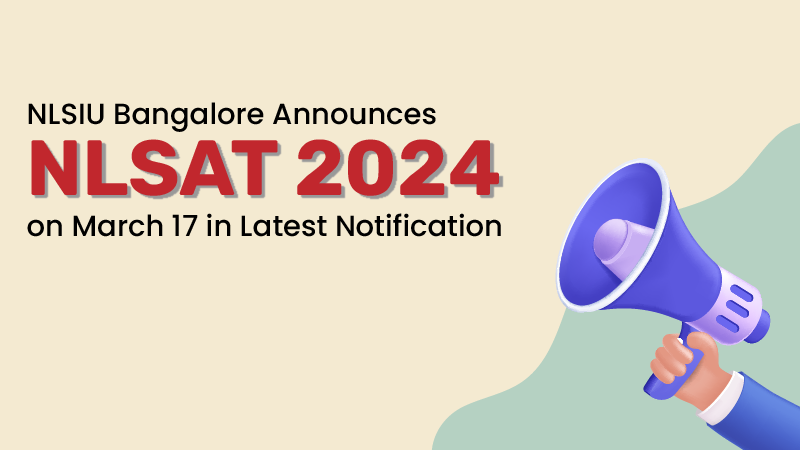

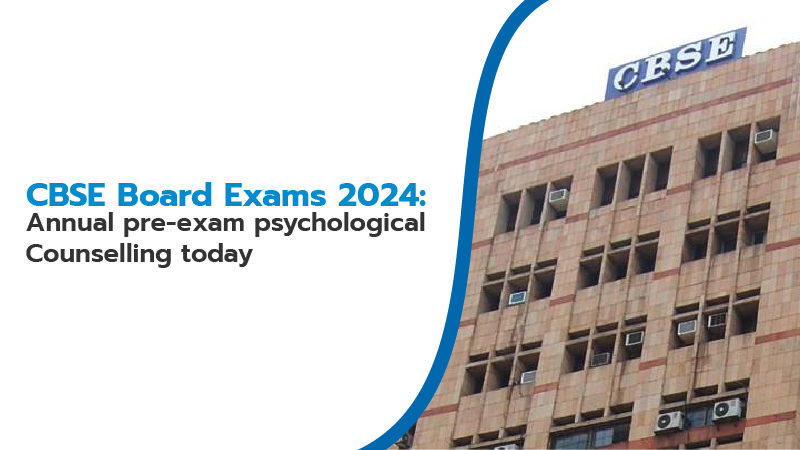
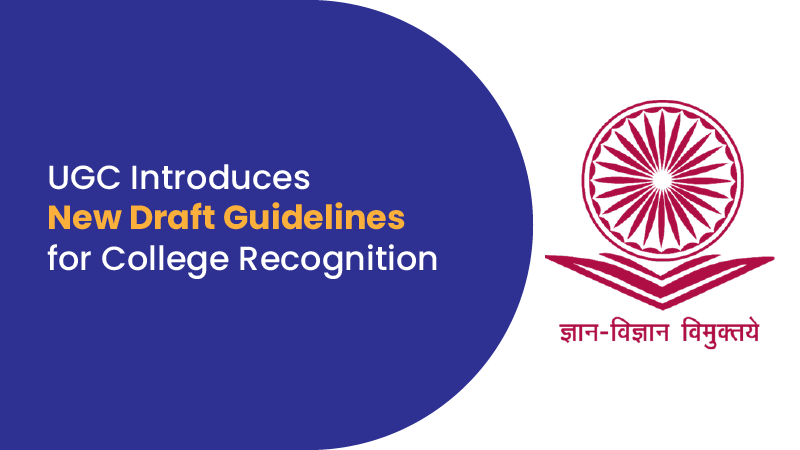

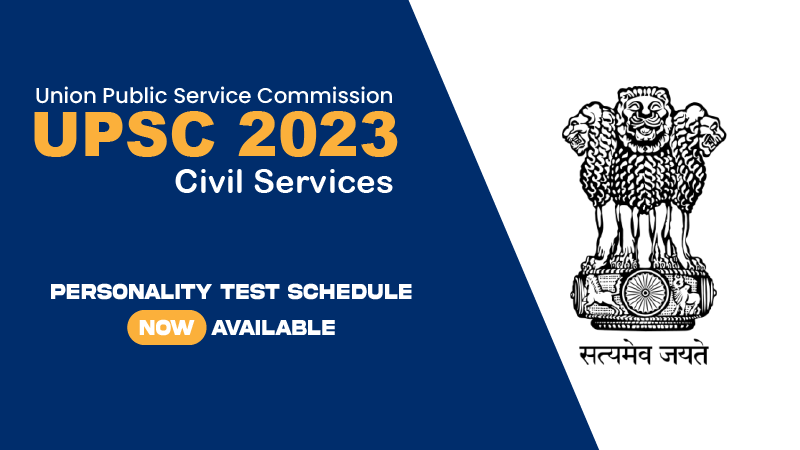
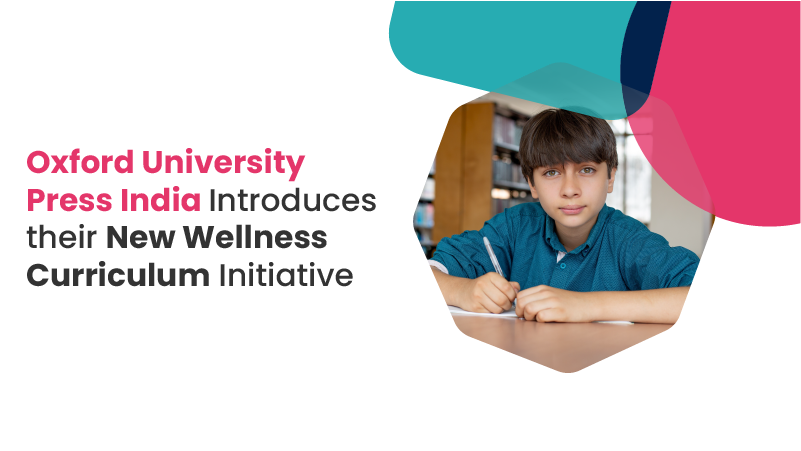
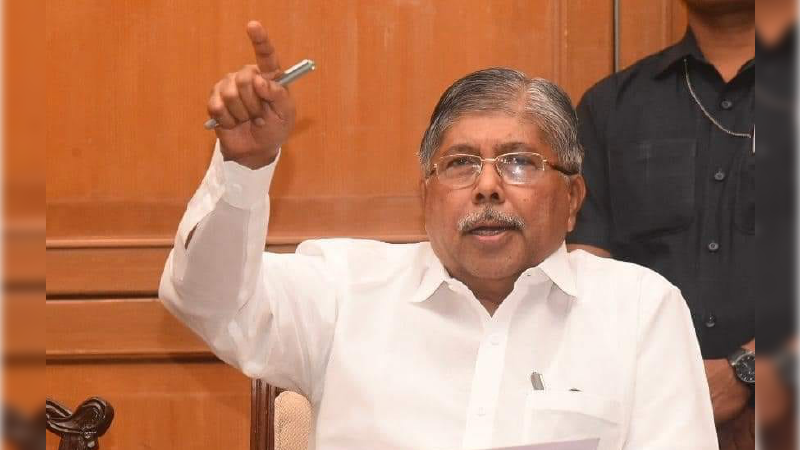
-02.png)
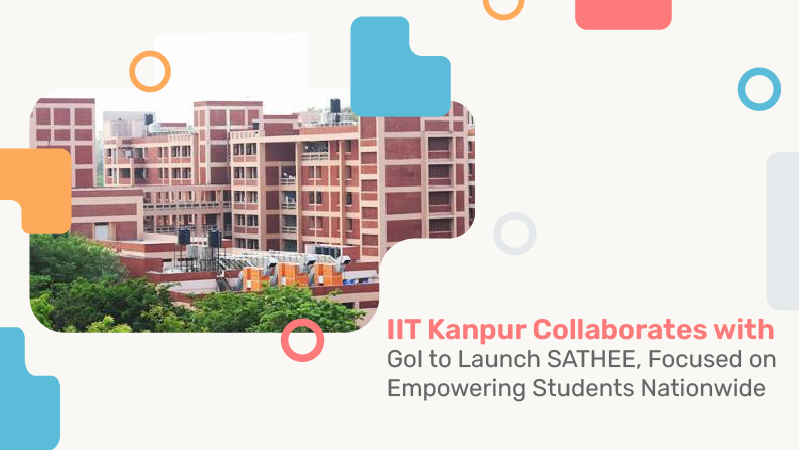

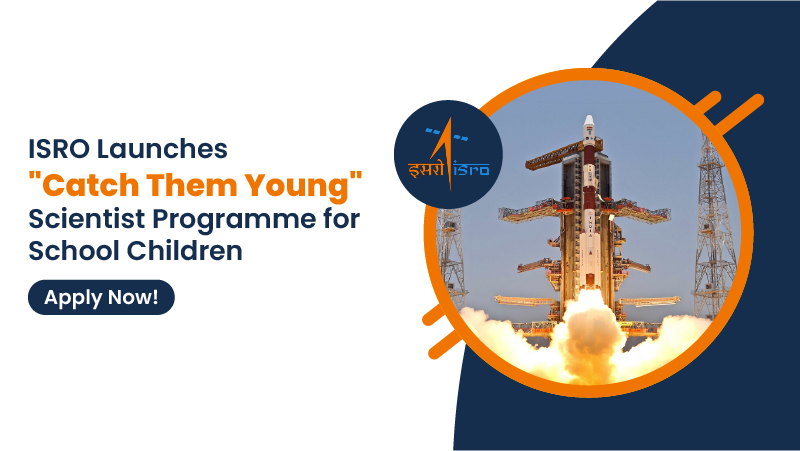
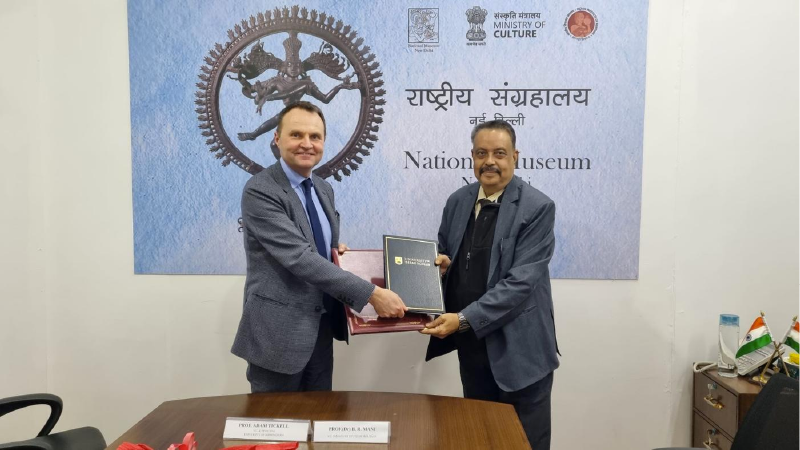
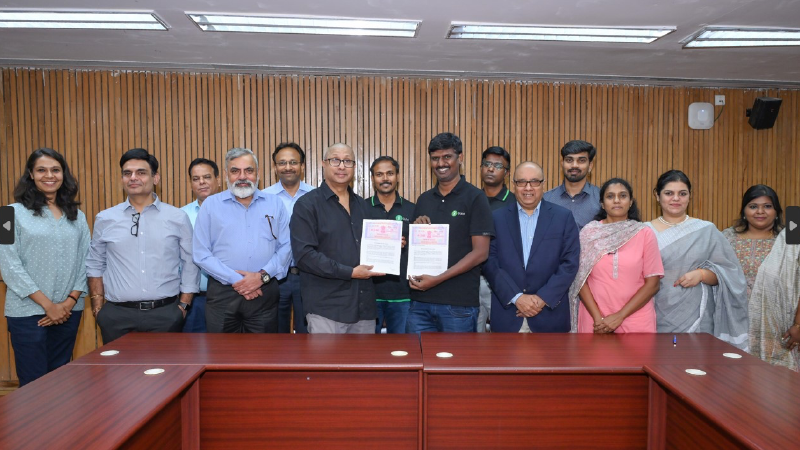
0 Comments
Post Comments